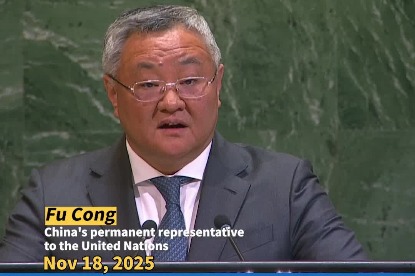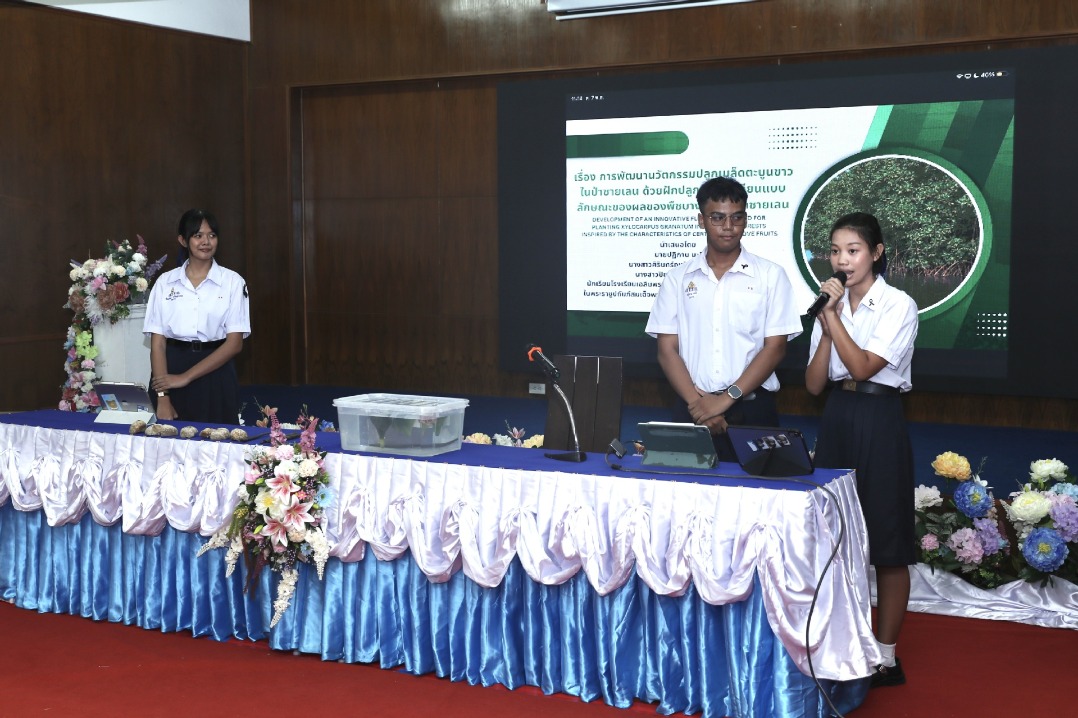China's role in technology advancement and ASEAN ties highlighted at summit


Chinese Ambassador to Malaysia Ouyang Yujing said that China's economy has reached a new level, with its GDP exceeding 134 trillion yuan ($18.8 trillion) in 2024, at an average annual growth of 5.5 percent. China's contribution to global economic growth remains around 30 percent.
Ouyang said that the number of new energy vehicles in China reached 31.4 million by the end of 2024, which means more than half of the world's new energy vehicles are running in China. "In 2024, the export of electric vehicles, lithium batteries and photovoltaic products increased by 2.6 times compared with 2020," he added
The ambassador said long-standing economic cooperation between China and ASEAN countries has contributed to building a universally beneficial and inclusive economic globalization. He stressed that sectors such as AI, blockchain, green technology, and renewable energy are the key areas and directions of cooperation between China and Malaysia, as well as between China and ASEAN, adding that these areas showcase China's new quality and productive forces in leading global scientific and technological progress.
Malaysian Chinese Association President Wee Ka-siong, who is a former Malaysian minister of transport, said that China is not only applying technology but is also inventing new technology, especially in the field of AI. For ASEAN, with a young population attracted to the latest technology, synergy with China in terms of technological development is significant. "China has the technical know-how to develop this innovative ecosystem, which is what we need to learn from China," he added.
China Development Institute President Fan Gang said the challenges to the global economy include trade conflicts, policy changes, supply chain relocations, global warming, and technological breakthroughs.
As an economist, Fan expressed optimism about market diversification and increased openness among countries, citing examples such as China's efforts to further open its market and its commitment to not seek special treatment in global trade, even as a developing country. He said there is potential for economic cooperation and expansion among countries in the Global South, particularly in the sectors of AI, biotechnology, and green energy for steady economic growth.
The one-day summit covered a wide range of topics, including the latest developments in China-ASEAN economic relations, the digital economy, technological innovation, and the role of global Chinese entities in future investments.
GCET 2025, as the 17th edition of the annual event, was organized by KSI Strategic Institute for Asia Pacific, the Institute of Strategic Analysis and Policy Research, and the China Development Institute, with China Daily as a media partner.
































